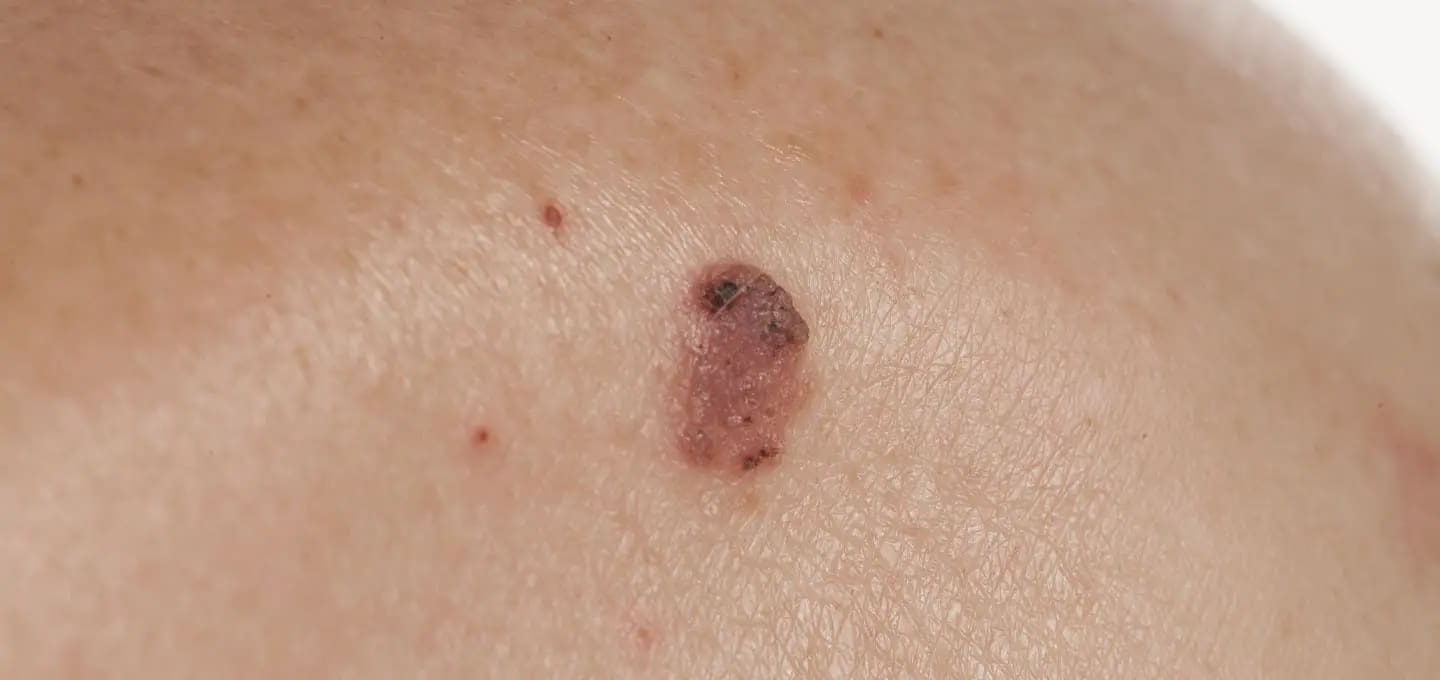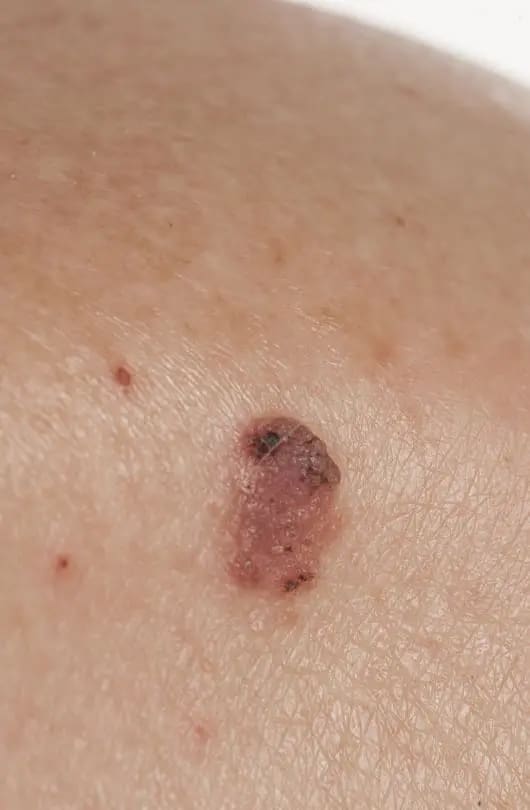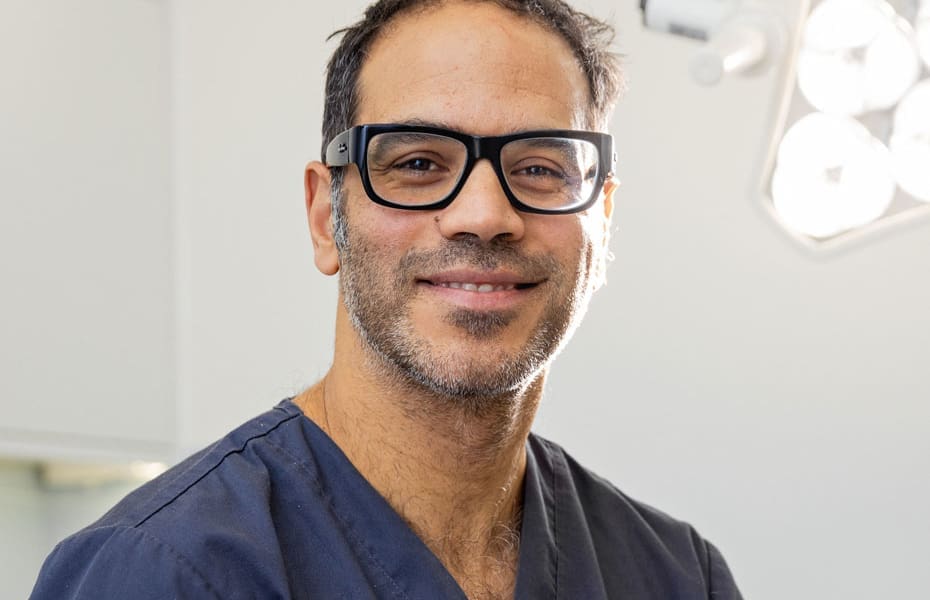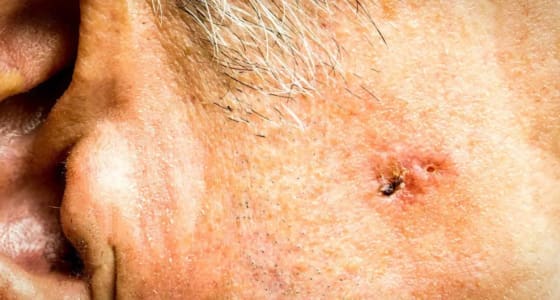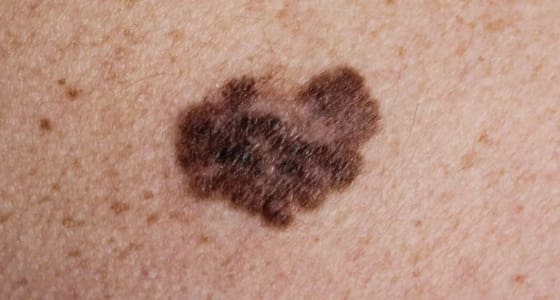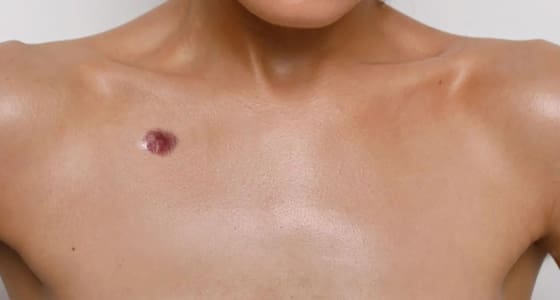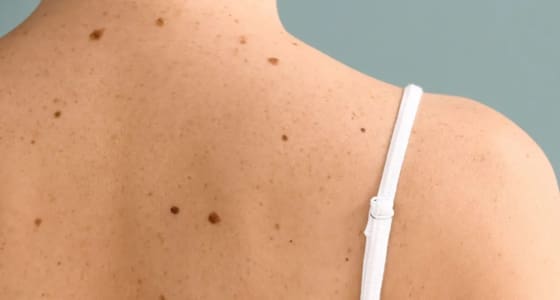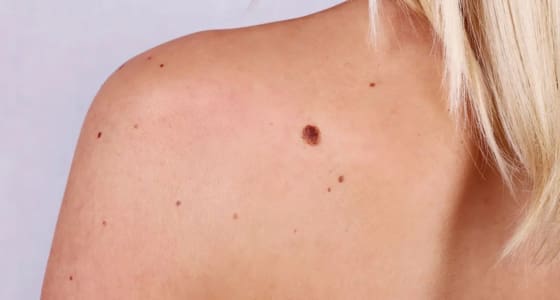SCC is the second most common type of skin cancer in the UK, following basal cell carcinoma (BCC). It is classified as a non-melanoma skin cancer, generally considered less dangerous and aggressive.
SCC originates from squamous cells located on the skin’s surface, often developing on sun-exposed areas like the face, neck, ears, backs of hands, and arms. Individuals with fair skin who have had prolonged exposure to ultraviolet (UV) light, either from the sun or tanning beds, are at higher risk of developing SCC. UV light exposure can induce DNA changes that lead to uncontrolled growth of squamous cells. Those with weakened immune systems are also more susceptible to SCC.
The growth of SCCs can vary, ranging from slow progression to rapid development. Treatment for squamous cell carcinoma depends on factors such as the size, location, and stage of the cancer, as well as the individual’s overall health. Surgical excision is a common method for removing SCCs, but other treatment options are available. For pre-cancerous lesions or early-stage SCCs, cryotherapy or topical medications containing imiquimod or 5-fluorouracil may be suitable. A combination of treatments may be recommended in certain cases.
While the majority of SCCs are considered low-risk skin cancers and can be effectively cured, a small percentage may recur, invade deeper skin layers, or metastasize to lymph nodes or other parts of the body. In these instances, additional treatments such as radiotherapy, chemotherapy, or immunotherapy may be necessary. A multi-disciplinary team, including your treating consultant at The Day Clinic, will oversee these treatments to ensure you receive the best and most appropriate care.
